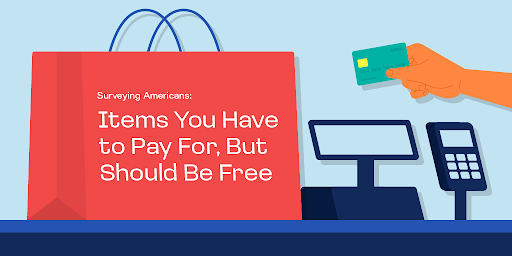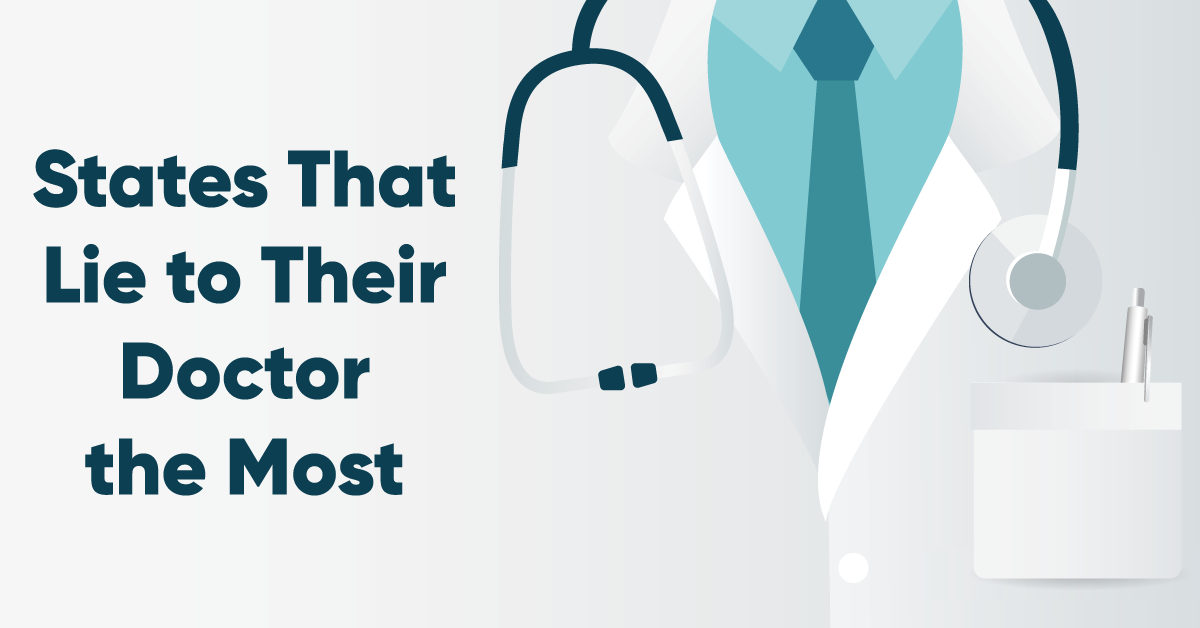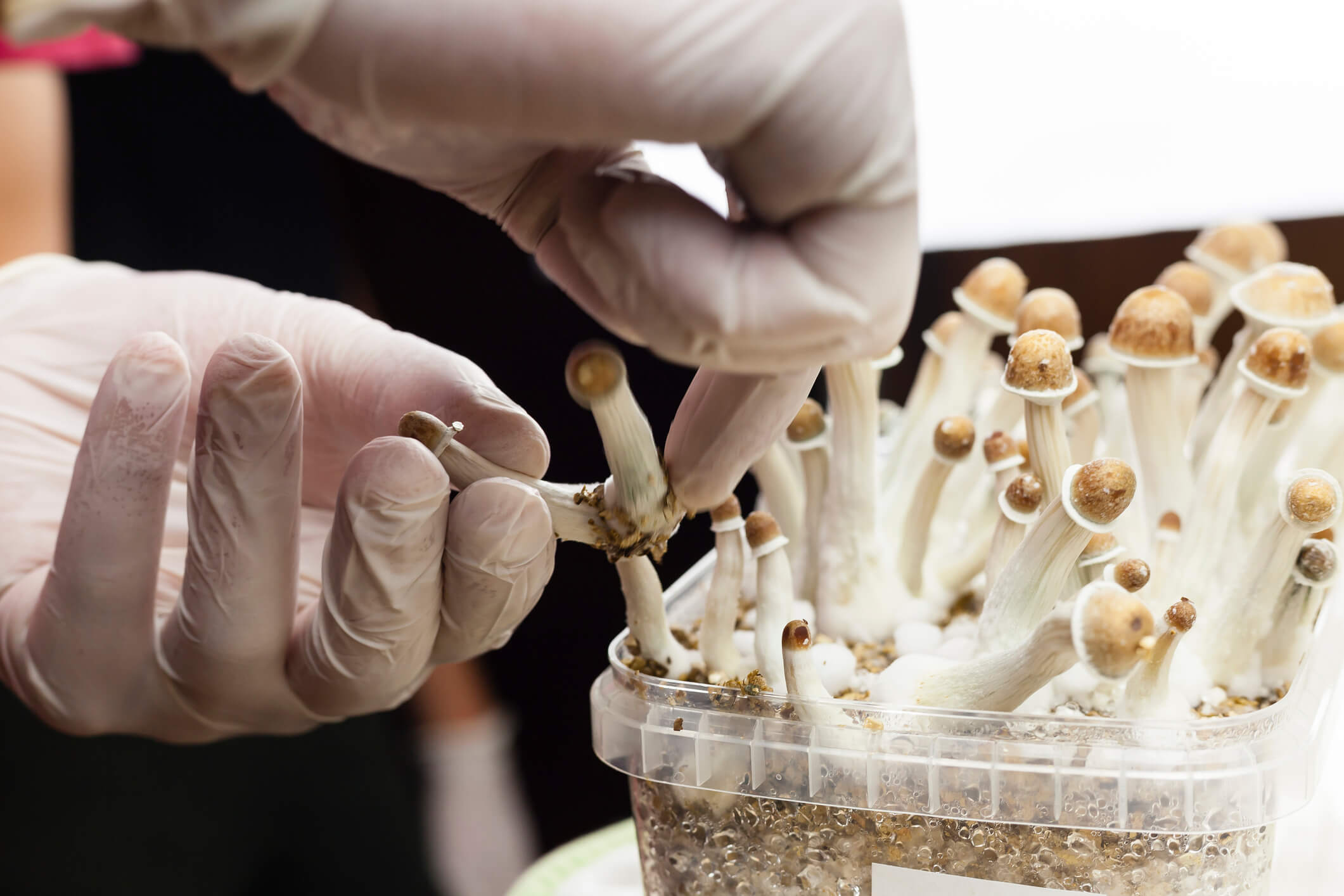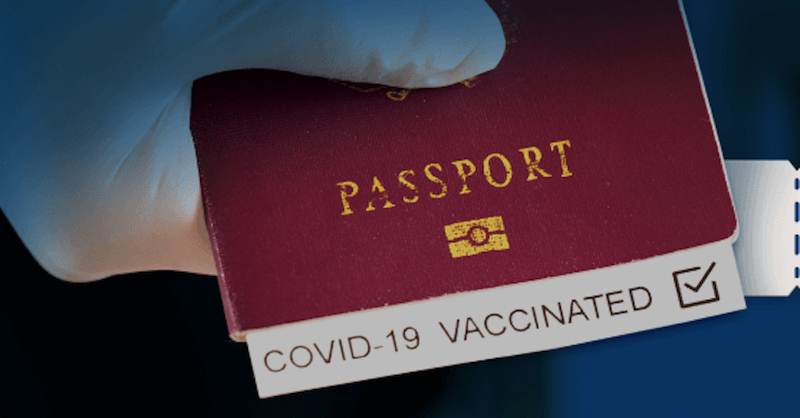Alt: Title image for “Surveying Americans: Items You Have to Pay for but Should Be Free”
In a year where annual inflation is soaring by 7.5% and the price of consumer goods like groceries and gas feels downright baffling, the American public is up in arms. Quite frankly, we’re all ready for some relief. In fact, there are some everyday products and services where we stop and think, “this really should be free, shouldn’t it?”
For instance, should things like condoms, vaccinations, ambulance rides, ATM fees, and pet fees be complimentary? USARx.com went straight to the source, surveying consumers across the U.S. to find out which of life’s necessities we should not have to pay for.
Methodology
In this study, we surveyed 1,016 people, ages 18-57+, from across the U.S. for one week in February of 2022. We asked respondents to select the items they think should be free within the following categories: healthcare, pet care, travel, technology, hospitality, education, personal finance, and general lifestyle. All insights are based on self-reported survey data.
Healthcare Items Americans Think Should Be Free
Alt: Hospital chart depicting the percentage of Americans who think different healthcare items should be free
When it comes to health items, the largest portion of respondents feel like vaccinations (85%), STD testing (68%), overall healthcare (68%), ambulance rides (66%), and condoms (61%) should be free for Americans.
Unlike the U.S., other parts of the globe (especially Scandinavian and Nordic countries) operate under a system of universal healthcare that is publicly owned and funded; ergo, costs of these health items are minimal (if not free) for residents of other countries. For context, in certain European countries like the UK, ambulance rides are free of charge. Meanwhile, in the U.S., 71% of ambulance providers do not accept a patient’s insurance and the average ambulance ride will set you back $1,189.
Further, in Denmark, hospital treatment is free. In Sweden, prescription drug fees are capped and the maximum out-of-pocket expense for all medical consultations in one year is $125 (1,150 kr). Overall, the public commitment to equitable and affordable healthcare in these countries and others is incredibly strong. The same cannot be said in the U.S., where mounting medical debt continues to grow. It’s no wonder so many Americans believe these healthcare items should be on the house!
Costs of Caring for Our Furry Friends
Alt: Imagery of a pet owner with percentages of Americans who think different pet-related items should be free
When it comes to caring for our canine pals, the largest portion of respondents (61%) think that spay/neuter procedures for our pets should be free, followed by 55% who think pet vaccinations should be complimentary. 25% of Americans who aren’t necessarily friends of “Fido” think that no pet-related items should be free. What’s more, only 17% of respondents think pet fees/pet rent required by a landlord or rental complex should be free––a surprising insight given this is a common frustration among pet owners and pet deposits can range anywhere from $200-$500.
Travel, Technology & Hospitality Fees That Americans Say Shouldn’t Exist
Alt: Door hanger with bar charts showing what transportation, technology, and hospitality-related items Americans think should be free
In terms of travel and transportation, the largest portion of respondents feel like air for tires (68%), airplane Wi-Fi (65%), and public parking (58%) should be free. Considering public parking can cost upwards of $25 per hour in metro areas like New York City and Washington D.C., we’re not surprised this expense made the top of the list!
When it comes to technology, the majority of respondents (65%) think Wi-Fi/hotspots should be free, which makes sense given the hunt for hotspots and Wi-Fi passwords in public spaces is an endless pursuit for Americans. Zooming in on hospitality, the vast majority of respondents (93%) think bottled water is a necessity that hotels and other accommodations should provide, free of charge––cheers to hydration!
Americans’ Thoughts on Education Costs
Alt: Textbook with pictorial fraction charts showing which education-related items Americans think should be free
When it comes to education costs, 90% of respondents think school lunches should be free, forever, which is timely given the food insecurity crisis during the height of COVID-19. Luckily, the USDA made moves to mitigate food insecurity during the 2021/2022 school year, by providing free lunch to all students at least until June 2022.
In terms of higher education, the average student loan debt per borrower rings up to $38,792 in the U.S. so it’s safe to say that college students could use some financial relief when it comes to other school expenses. 84% of respondents think that textbooks should be free, while three in four Americans think that college application fees should be free. A strong 52% of respondents think that college tuition should be free (and in some European countries like France and Germany, it is).
Financial & Lifestyle Items Americans Think Should Be Free
Alt: Receipt showing bar charts with the percentage of Americans who think different financial and general life items should be free
Next, we took a look at both personal finance and lifestyle items and the tedious expenses associated with them. The majority of respondents (78%) think that checking account fees should be non-existent, while 70% feel like ATM fees should be eradicated. In terms of general living expenses, respondents are most peeved by the cost of a driver’s license/ID (78%), work uniforms (63%), and diapers (50%). Really the cost of diapers alone is enough to make your head spin.
Extra Items Americans Say Should Be Free
Alt: Envelopes with letters showing extra items Americans think should be free
What would a survey be without a free response? To finalize our study, we asked respondents to write in any other items they think should be free in 2022. Therapy, assisted living facilities, and VR headsets for the Metaverse were all items proposed by participants. Take a peek below to see some of our favorite responses!
Closing Thoughts
And there you have it––a complete list of items that we have to pay for, but that should be free, according to the American public! While the cost of certain basic human needs can feel frustrating (and borderline unethical), USARx.com is here to assist with prescription savings. Search our Rx marketplace to find coupons and discounts on the medications you need!
Owner, entrepreneur, and health enthusiast.
Chris is one of the Co-Founders of USARx.com. An entrepreneur at heart, Chris has been building and writing in consumer health for over 10 years. In addition to USARx.com, Chris and his Acme Health LLC Brand Team own and operate Pharmacists.org and the USA Rx Pharmacy Discount Card.
Chris has a CFA (Chartered Financial Analyst) designation and is a proud member of the American Medical Writer’s Association (AMWA), the International Society for Medical Publication Professionals (ISMPP), the National Association of Science Writers (NASW), the Council of Science Editors, the Author’s Guild, and the Editorial Freelance Association (EFA).
Our growing team of healthcare experts work everyday to create accurate and informative health content in addition to the keeping you up to date on the latest news and research.
How we built this article:
- Content Process
Every piece of content we produce is meticulously crafted and edited based on the four core pillars of our editorial philosophy: (1) building and sustaining trust; (2) upholding the highest journalistic standards; (3) prioritizing accuracy, empathy, and inclusivity; and (4) continuously monitoring and updating our content. These principles ensure that you consistently receive timely, evidence-based information.













